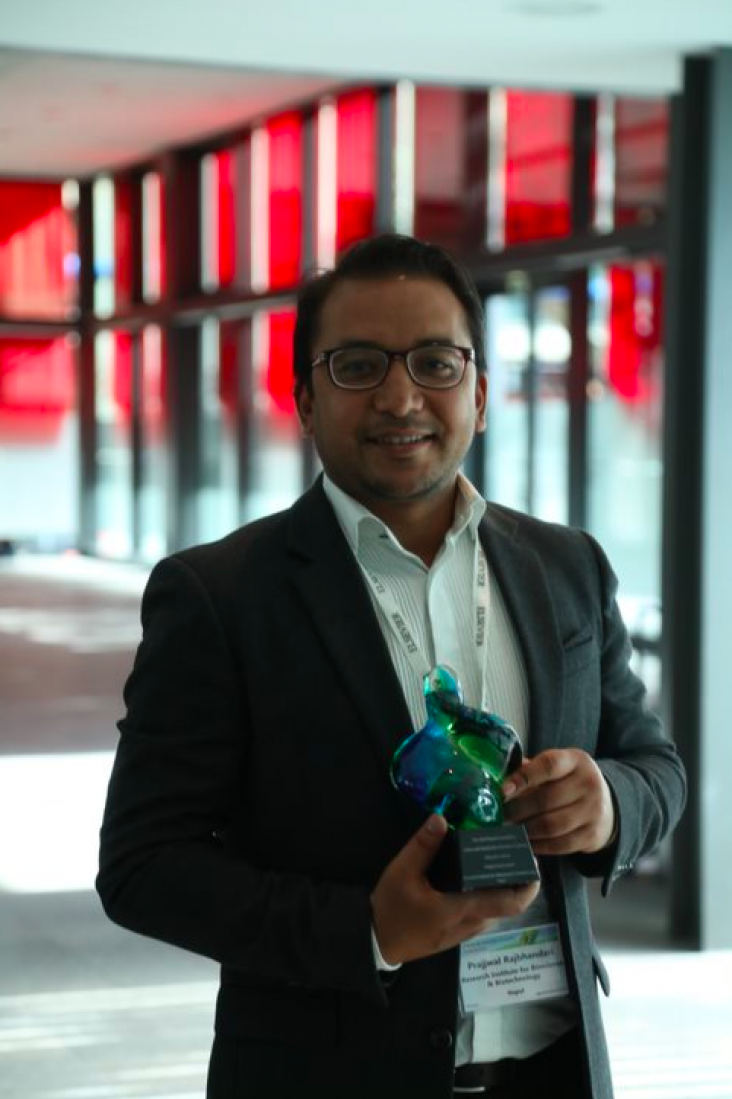
Over the past five years, we have used data and analytics to help the research and healthcare communities navigate the sea of research and to put collaboration, both interdisciplinary and international, at the heart of scientific progress on the SDGs. View findings for SDG 2.

Over the past five years, we have used data and analytics to help the research and healthcare communities navigate the sea of research and to put collaboration, both interdisciplinary and internati
Background: In humanitarian contexts, ensuring access to safe, nutritious, good quality and culturally appropriate food in the right quantity at the right time and place during an emergency or a protr
This special issue explores the influence that insects and other invertebrates have on ecosystem services and the Sustainable Development Goals (SDGs), and makes a case for insect science to promote a sustainability science approach.

In 2018, Dr. Prajwal Rajbhandari was awarded the first prize of the Elsevier Foundation Green and Sustainable Chemistry Challenge for his project, “Guava leaves as natural preservatives for farmers of Nepal.” Due to a lack of viable non-toxic preservatives, or cold chain technologies, one-third of Nepal’s produce is spoiled before it reaches market each year. Dr. Rajbhandari’s project taps the antioxidant and antimicrobial properties of guava leaves to make a water-based, sprayable natural preservative, contributing to SDGs 2, 12 and 15. Two years later, we interviewed Dr. Rajbhandari about his experience as a winner, as well as the upcoming steps for his project.
Eradicating food insecurity is necessary for achieving global health goals. Liberal trade policies might increase food supplies but how these policies influence individual-level food insecurity remains uncertain. We aimed to assess the association between liberal trade policies and food insecurity at the individual level, and whether this association varies across country-income and household-income groups.

Insects are indispensable actors within global agri-food systems and ensure the delivery of myriad ecosystem services.

Tropical cropping systems are highly dependent on synthetic insecticides, which generates sustainability issues.

Termites are amongst the main macroinvertebrate decomposers in tropical ecosystems and they exert additional impacts through the creation of biostructures (mounds, galleries, sheetings, etc.) with dif
